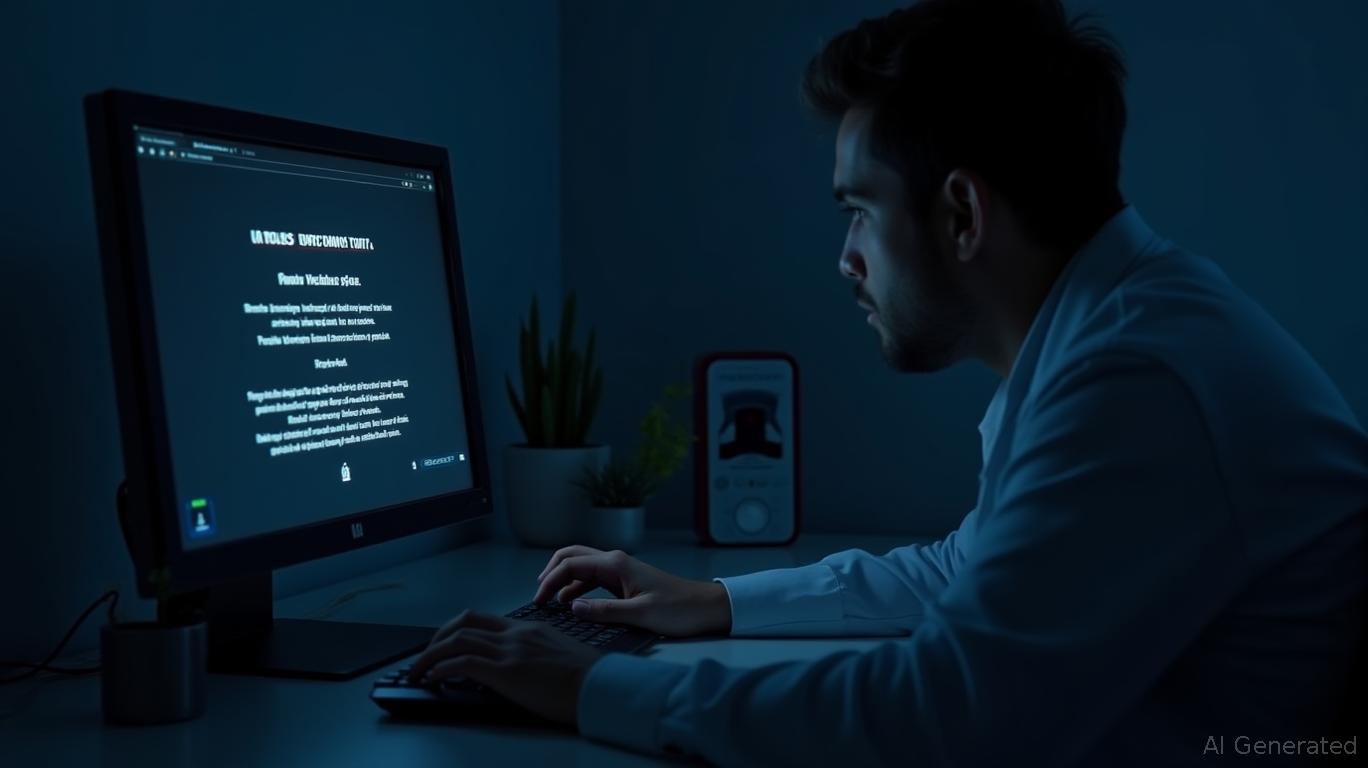[ad_1]
A new wave of ransomware attacks in early 2025 has severely disrupted U.S. healthcare operations, with hospitals and critical service providers such as Kettering Health and Change Healthcare being among the most prominent victims. The attacks have caused widespread system outages, forced the cancellation of elective procedures, and limited access to essential patient care systems. The perpetrators, including cybercriminal gangs like Interlock, RansomHub, and Medusa, have employed sophisticated extortion strategies that have exposed critical vulnerabilities in healthcare cybersecurity infrastructure [1].
The financial burden of these attacks is substantial. Organizations have faced significant operational costs and ransom demands typically made in Bitcoin. For example, the ransomware group Embargo has extorted over $34 million in cryptocurrency since April 2024, with individual ransom demands reaching up to $1.3 million [2]. These attacks not only strain institutional budgets but also delay critical medical services, putting patient safety at risk. According to Senator Ron Wyden, the prolonged recovery times—some lasting weeks—highlight the urgent need for robust disaster recovery plans and more resilient cybersecurity defenses [3].
Despite the presence of backup systems in many healthcare institutions, the 2024 Veeam Ransomware Trends Report found that 43% of affected data could not be recovered after an attack [4]. This underscores the increasingly complex and damaging nature of modern ransomware. Cybercriminals are now leveraging advanced encryption techniques and multi-layered attack strategies to bypass traditional defenses, making it harder for victims to restore operations without paying the ransom.
Compounding the issue is the rise of fraudulent “recovery companies,” which charge victims large fees for data recovery while secretly funneling ransom payments to cybercriminals. These entities operate with little to no legal accountability, further exacerbating the financial strain on already vulnerable healthcare institutions. A former member of the REvil ransomware group has highlighted how these deceptive practices prolong the cycle of exploitation and increase costs for hospitals [5].
The ongoing threat of ransomware in the healthcare sector has prompted calls for urgent regulatory and technological reforms. Cybersecurity experts stress the importance of stronger encryption protocols, continuous employee training, and closer collaboration between public and private entities to bolster defenses. While there is no direct link between these attacks and changes in Bitcoin prices, the increased use of cryptocurrency mixing services suggests that ransom funds are being laundered through complex financial channels [6].
As ransomware tactics continue to evolve, the healthcare system must respond with equal urgency. Prolonged system outages and the emotional toll on healthcare workers are already taking a toll on institutional resilience. Addressing these challenges requires not only immediate action but also a long-term commitment to securing critical infrastructure and preventing future attacks.
Sources:
[1] title: Impact of Ransomware Attacks on U.S. Healthcare (https://coinmarketcap.com/community/articles/689933a2ca3d2c54295d4d24/)
[2] title: Embargo Ransomware Moves $34M in Crypto Targeting … (https://www.ainvest.com/news/embargo-ransomware-moves-34m-crypto-targeting-healthcare-2508/)
[3] title: Embargo Ransomware Demands $1.3M from U.S. … (https://www.ainvest.com/news/embargo-ransomware-demands-1-3m-hospitals-crypto-payments-surge-2508/)
[4] title: Why You Might Still Pay the Ransom Even with Backups … (https://medium.com/@davidsehyeonbaek/why-you-might-still-pay-the-ransom-even-with-backups-after-a-ransomware-attack-821a30902192)
[5] title: Ransomware Diaries Volume 7: The Kaseya Hacker … (https://medium.com/@davidsehyeonbaek/ransomware-diaries-volume-7-the-kaseya-hacker-821a30902192)
[6] title: Embargo group generated $34M from ransomware attacks … (https://www.mitrade.com/insights/news/live-news/article-3-1026900-20250810)

[ad_2]
Source link

